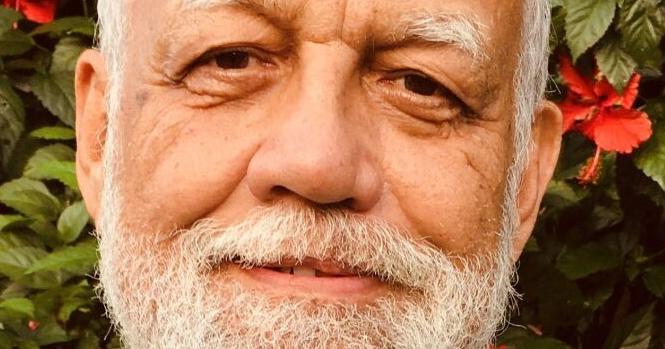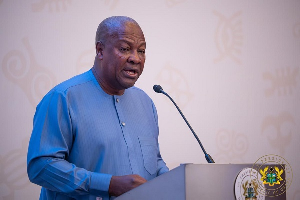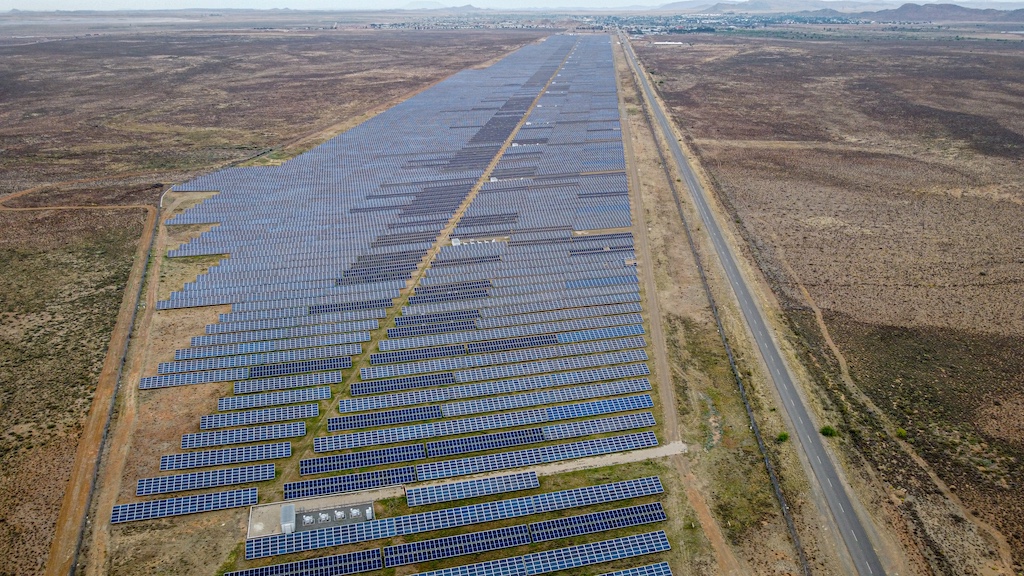Copyright guampdn

I have listened to the different members of the Independence Task Force of the Commission on Decolonization, and they remind me of “Rebels Without A Clue.” I say this because none of the presentations offered any practical visions on what an independent Guam would look like other than declare “it will be great!” To be sure I wasn’t missing anything, I went onto the COD website. If one of the legislative missions for the COD is education, it fails miserably based on the information presented on the COD website, which is nothing. There is no information or single video presentation about Independent Guam on the website, so it is basically a waste of limited taxpayer funds. From the COD website: "The Independence Task Force is committed to informing the public about the benefits and freedoms that Guam would receive as a sovereign nation and also countering the myths and misperceptions about what status change would mean for Guam. We wish to demonstrate that independence does not mean traveling back in time or cutting ourselves off from the world. In fact, becoming a sovereign nation means we can live in the way we want to live today and into the future, because we will hold authority over our lives as opposed to being governed by people who live thousands of miles away. Most importantly, all decisions made for us would be chosen by our people." Let’s look at this bold declaration which says nothing. There are no benefits detailed on the website, or any publication I could find for Independence. There is no information detailing and/or debunking any myths about independence, and there are many. Myth #1: "We will charge the military billions of dollars for rent for each of the bases in Guam." The federal government already owns the land and based on the Cuban experience trying to reclaim Guantanamo, it is not likely to surrender sovereignty over the land hosting the bases, even if Congress allows Guam independence. And make no mistake. It will be Congress that decides the disposition of federal lands as we saw during the Base Realignment Commission experience. Myth #2: "The nations of the world will respect and open negotiations for a relationship with Guam." Why would they do that? For access to our natural resources like oil, gold, phosphates, soybeans, or our vast rare earth metals? We don’t have any resources. Hell, we don’t even have fish stocks anymore. So why would the nations of the world want to establish diplomatic ties with an independent Guam? Myth #3: "We will be able to live the way we want." No one championing "independence" to me has been able to tell me how they will live differently than they do today. I ask them: “Are you ready to go back to subsistence living like the residents of Guam did before WW2?” They say no. Are you ready to pay the very high taxes an independent government will require without federal subsidies? They say no! Are you ready to live for the rest of your life in Guam without traveling? This one I must explain a lot because most “independence” champions I have interacted with were students with limited understanding of “passport implications.” When I ask them if they were arrested in a foreign country, what passport would they rather be holding, a Guam passport, or a U.S. passport? At the end of a frank discussion of passports and privileges of citizenship, I find the “former” independence advocates often change their minds about supporting independence. Myth #4: "Most importantly, all decisions made for us would be chosen by our people.” When I ask independence supporters what that means, they tell me, “We will have the ability to elect our own officials.” We will be self-governing,” they claim with pride. I hate to be the bearer of bad news but contrary to the assertions by the COD, we are already a self-governing entity. We have an elected governor as do all 50 states and territories. We have an elected legislature, as do all 50 states and territories. We have our own judicial system, as do all 50 states and territories. So far, the Independence Task Force has spent nearly $30,000 in taxpayer money on education without producing anything educational; another waste of limited taxpayer dollars. So here are a few truths the Independence Task Force needs to address to have any credibility. Hard Truth #1: "The people of Guam have not done any (continue to refuse) to do any of the work necessary to be an independent nation." Contrary to what COD Director Melvin Won Pat-Borja and Independence Task Force leader Michael Lujan Bevacqua say, there is "not" going to be any change to the political status of Guam until Guam successfully petitions the United States Congress as outlined in the 1898 Treaty of Paris. This is a fact that local politicians and political change advocates continue to ignore. Just recently, Lt. Gov. Josh Tenorio and COD's Won Pat-Borja led another delegation to the United Nations to plead for them to “remove the boot of the oppressor from the neck of the indigenous inhabitants of Guam.” After decades of taxpayer-paid trips to the United Nations, nothing has happened. Compounding the efforts at maximizing the chances to fail at political status change, the Government of Guam used taxpayer dollars to join and pay annual fees to the Unrepresented Peoples Organization. Another waste of taxpayer dollars. The way we prove to Congress that Guam is ready for political status change is to do the hard work like Cuba did when they were granted independence in 1902, and the Philippines did when they were granted independence in 1946. Hard Truth #2: "Guam has not developed the level of political maturity to be an independent nation." Unlike Cuba, the Philippines, and the rest of the unincorporated territories, Guam has not done work to complete step one on political status change, which is to develop and get congressional approval of a Guam Constitution. Guam continues to refuse to delink from the US IRS Code because Guam politicians and business leaders do not trust Guam’s ability to create and operate a Guam tax code. If we can’t trust politicians to operate a tax code fairly, how can we trust them to operate an independent nation? It is common belief among the people of Guam that the government of Guam is corrupt, because politicians regularly use taxpayer funds and assets to enhance family wealth, as control of the governorship rotates from one family business dynasty to another. That belief is also why people are convinced that it’s “not what you know,” but “who you know” is the most important factor in getting a high-paying government job. Hard Truth #3: “Guam cannot sustain itself financially without massive federal fund infusions into the government and economy.” Guam does not have a “standalone” economy. More than 60% of our government revenues are based on government of Guam and federal government expenditures. In Puerto Rico, government revenues are 10% of the economy. Even Washington, D.C. has a better “standalone” economy with government revenues at 25% of its economy. Based on Guam Department of Labor statistics, Guam workforce has about 69,000 individual workers, of which 23% work for the government (government of Guam, 17%, and federal government, 6%). Most non-government jobs are low-wage service sector jobs. This is what a service sector economy looks like: More than 70% of Guam households have less than $50,000 a year gross, and 30% of Guam households received some form of government assistance through Medicaid/MIP, 35%, the Supplemental Nutrition Assistance Program, SNAP, 30%, or housing aid, 12%, or a combination of the programs; all of which are substantially funded by the federal government. Despite the talk every election year by politicians and wannabes about needing to “cash in on Guam’s location” to develop and expand our economy beyond tourism, nothing has been done by politicians to address the many problems facing our island that make it unattractive to global businesses. Guam’s infrastructure is Third World level at best. Guam does not have a workforce that can serve the needs of most global enterprises as the lack of affordable housing drives our younger generations to relocate to places more affordable, with a better quality of life. Until the problems are solved, we will see the GovGuam workforce continue to grow as the employer of last resort. Hard Truth #4: “Any decision about Guam's future must include a status quo option and allow all residents of Guam to decide; not an 'arbitrary few' as proposed by the COD, which wants to limit any vote to the descendants of the original indigenous Guam residents at the time of the 1898 Treaty of Paris.” Based on the Davis decision and the Constitution of the United States that governs Guam until we successfully change our political status, all legal residents of Guam are eligible to vote on any change in political status. I have tried for years to get the Guam Legislature to change the law creating the decolonization commission to reinstate the Status Quo Task Force and mandate an open public vote to all residents of Guam, to no avail. It's further proof of Guam’s political immaturity, which will not play well at the congressional level where any final decisions will be made. In the meantime, Guam continues the charade of political change through meaningless town hall meetings that share no information reminding me of my favorite Macbeth quote as the independence town halls continue to devolve into a “tale told by an idiot, full of sound and fury, signifying nothing.”



